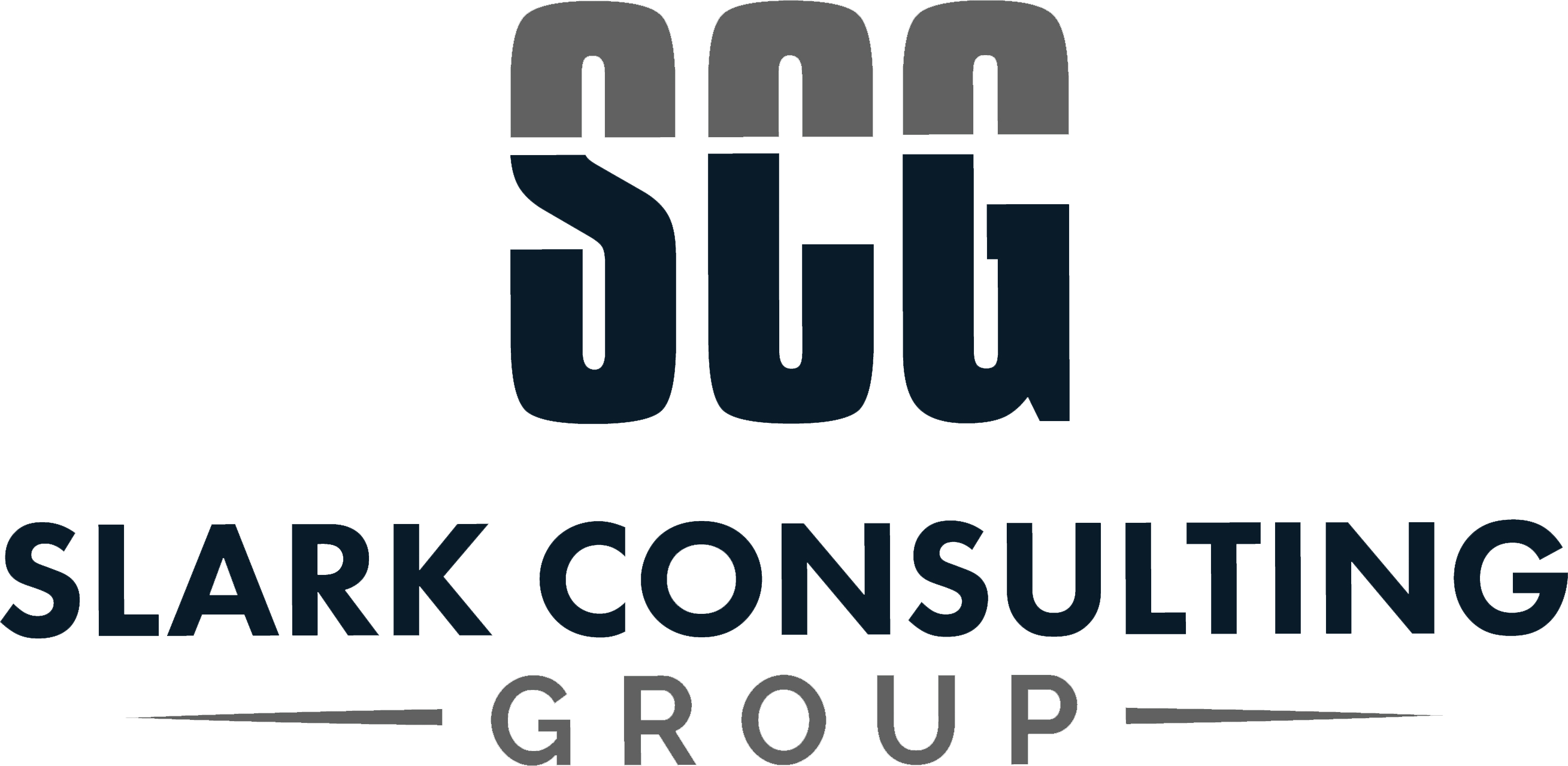For today’s managers, communicating effectively through writing is not just a skill—it’s a critical tool for leadership success. Your written words can inspire, direct, motivate, and clarify as a professional. They can bridge gaps, foster innovation, and build trust. Conversely, a lack of clarity and precision in your written communication can lead to confusion, misinterpretation, and missed opportunities. Here, we delve into why improving your written communication is imperative, the benefits it brings, and the repercussions of neglecting this essential skill.
The Importance of Written Communication
In an era where emails, reports, and digital messaging are business operations’ linchpins, written communication’s importance cannot be overstated. Writing is about conveying information, connecting, persuading, and influencing. For leaders, it’s a medium through which strategy is conveyed, culture is nurtured, and visions are shared.
Benefits of Masterful Written Communication
- Enhanced Clarity and Direction: Clear and concise writing ensures your team understands their roles, objectives, and expectations. This clarity reduces errors and increases efficiency.
- Increased Engagement and Motivation: Engaging and thoughtful writing can motivate your team, build morale, and encourage a culture of open communication and feedback.
- Strengthened Trust and Credibility: Precise and thoughtful communication enhances your credibility, fostering trust between you and your team. This trust is foundational for effective leadership and teamwork.
- Fostering a Culture of Inclusion: Well-crafted communication can make every team member feel valued and included, paving the way for a diverse and innovative workplace.
Repercussions of Neglecting Written Communication Skills
- Misinterpretation and Confusion: Without clear communication, instructions can be misinterpreted, leading to mistakes and inefficiencies. For example, a poorly written email directive on project timelines can result in the team missing critical deadlines, impacting client satisfaction and the project’s success.
- Erosion of Trust: Ambiguity or a lack of communication can erode trust, as team members may feel undervalued or overlooked.
- Decreased Productivity: Poor communication can lead to repeated clarifications and corrections, significantly hampering productivity.
- Loss of Opportunities: In the broader professional sphere, inadequate communication can result in missed opportunities for collaboration, innovation, and growth.
Five Ways to Improve Your Writing
Practice Active Reading: Actively read high-quality materials, including books, articles, and reports. Analyze the structure, vocabulary, and style of effective writing to incorporate these elements into your work.
Simplify Your Message: Aim for clarity and brevity. Use simple words and short sentences to make your point. Avoid jargon and complex language that could confuse your audience.
Engage in Regular Writing Practice: Like any skill, writing improves with practice. Set aside time each day to write, whether drafting emails, composing blog posts, or working on reports. Use this to experiment with tone, voice, and different writing styles.
Seek Feedback: Share your writing with trusted colleagues or mentors and be open to their feedback. Constructive criticism is invaluable for identifying areas for improvement and developing your skills.
Edit and Revise: Never settle for your first draft. Review and edit your work to refine its clarity and impact. Check for grammar and spelling errors, and ensure your message is concise and focused.
Conclusion
For managers and professionals aiming to lead effectively, communicating clearly and persuasively in writing is indispensable. This skill demands continuous refinement and attention. Improving your written communication enhances your leadership capabilities and creates a more engaged, efficient, and cohesive team. As you strive to improve, remember that your words can shape realities, alter perceptions, and drive action. Let them be a force for clarity, inspiration, and progress.
